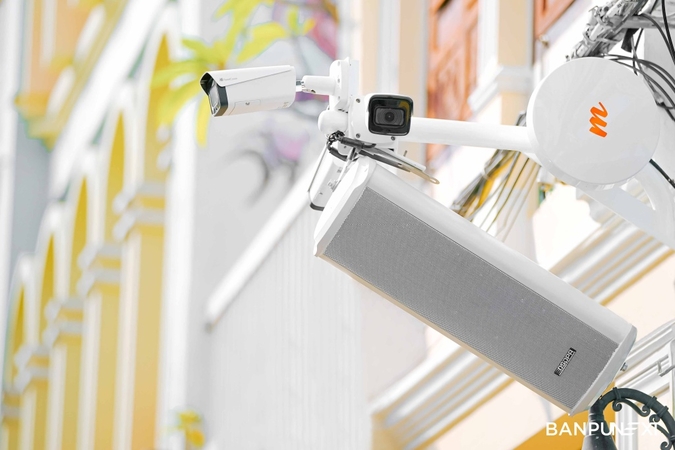
Banpu NEXT has teamed up with the municipalities of Phuket City and Rawai, as well as the Phuket Old Town Community and Planet Communications Asia to drive forward the first phase of the “Phuket Liveable City, Smart and Safe” project.
By integrating smart data analytics solutions, this new move will help upgrade safety standards in the new normal in three key areas, namely disease, crime and environmental threats.
So far, safety systems have been installed in two neighbourhoods, namely Thalang Road connecting Rommanee Alley, and Rawai sub-district (Municipality Office and Promthep Cape).
This is the first development in Thailand to use AI-driven smart community platform and application for data collection, analysis and processing to give communities peace of mind.
Other solutions will also be introduced to turn Phuket into a model city with multidimensional smart city developments.
Somruedee Chaimongkol, chief executive officer of Banpu PCL and Banpu NEXT, said Banpu NEXT has developed five smart energy solutions, namely smart energy analytics, smart energy generation, smart energy storage, smart energy utilisation and smart circular economy to allow for tangible results.
“We started off by introducing smart energy utilisation solutions to e-ferries and charging stations for marine tourism in Phuket. More recently, we have partnered with government and private organisations as well as local communities in the ‘Phuket Liveable City, Smart and Safe’ project that uses ‘Smart Data Analytics Solution’ to analyse data of the locations and design safety systems that address the issues. The system installation, including hardware, software and IoT-based operating system, was completed by Planet.”
The smart community app allows 24/7 monitoring, inspection and proper control from anywhere. These systems will also increase Covid-19 monitoring and control efficiency on social distancing measures with five capabilities: limiting visitor traffic, monitoring occupancy density, body temperature screening; detection of non-maskers; and preliminary timeline analysis of visitors and inspection of potential Covid-19 patients.
Officials can use the application to track the data, send out real-time notifications if any risk is found.


